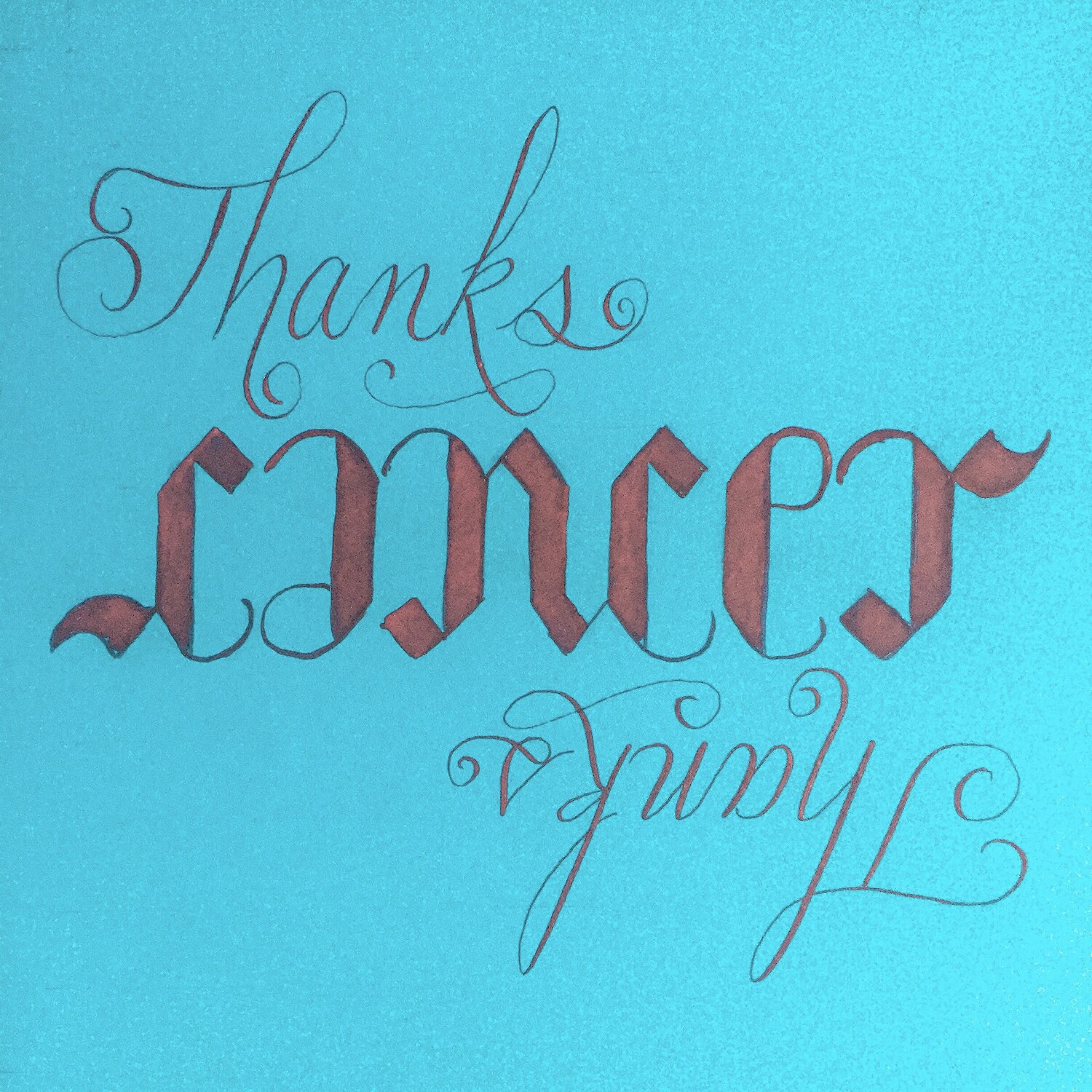Holiday Cancer
We talk with Kim Hamer, a cancer widow who is now changing the world through 100 Acts of Love: how to help your friend through crisis.
For the Friend:
Give the gift of no expectations: DO NOT EXPECT A RESPONSE and don’t let the cancerpath bear the emotional weight of the holidays.
Invite, even if you think they will say no.
Experiences mean more than stuff.
Acknowledge the situation.
Communicate.
Keep things normal.
For the Cancerpath:
Don’t bear any emotional weight.
Be present.
Be honest about what you need.
Don’t forecast: don’t expect anything from yourself.
Recovery takes longer than you think.
